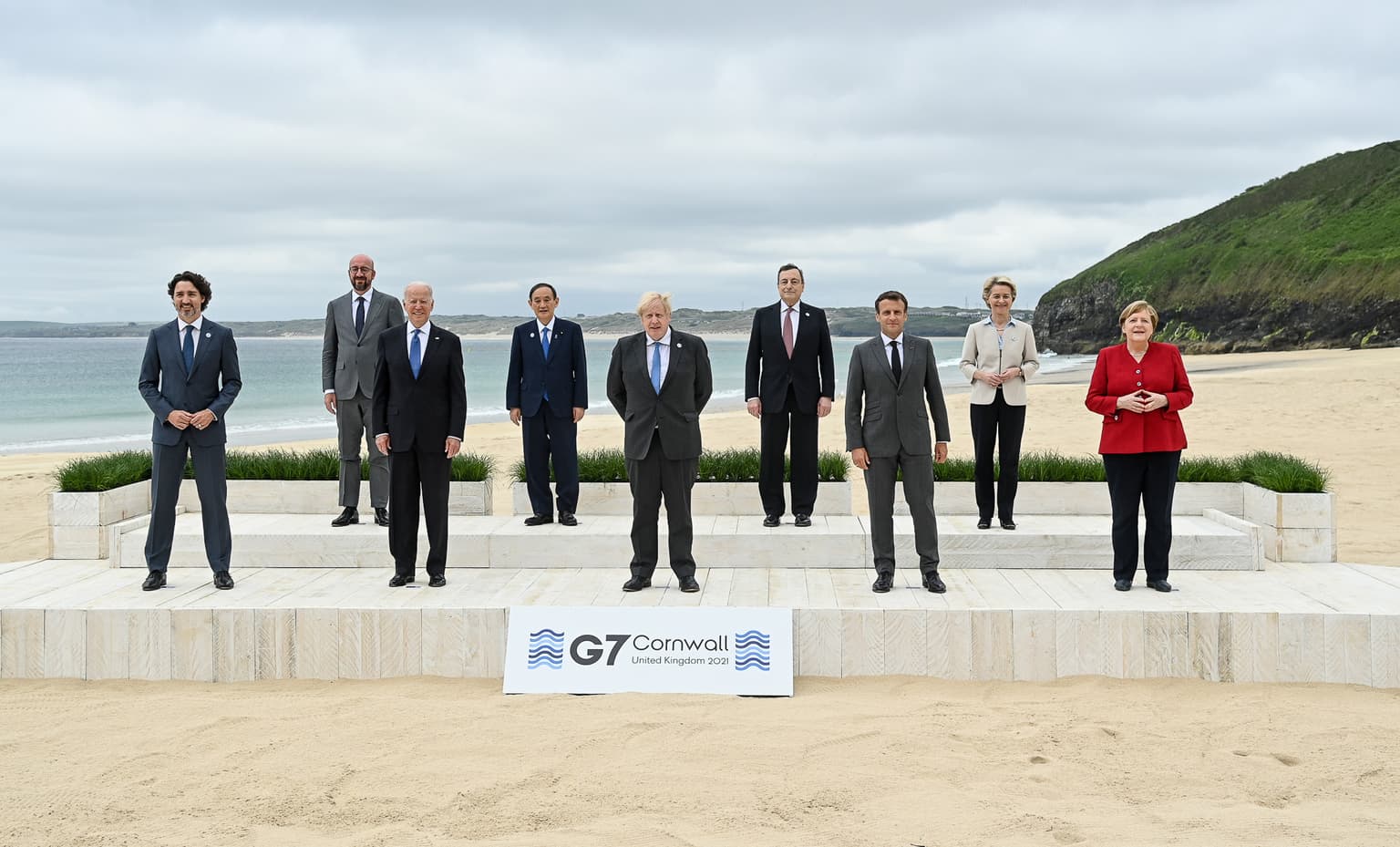G7 foreign ministers: Russia will face 'massive consequences' if it invades Ukraine

The Foreign Ministers of the Group of Seven (G7) countries warned Russia on Dec. 12 of “massive consequences” in case of further military aggression against Ukraine.
The statement, made during the G7 meeting in Liverpool, U.K., addresses Russia's buildup of nearly 100,000 troops on Ukraine's borders and in occupied Ukrainian territories, in what Ukrainian and Western intelligence see as preparation for a possible large-scale invasion in late January or early February.
The foreign ministers of Canada, France, Germany, Italy, Japan, the United Kingdom, the United States, and the High Representative of the European Union joined in the statement.
“We call on Russia to de-escalate, pursue diplomatic channels, and abide by its international commitments on transparency of military activities,” as U.S. President Joe Biden did in his call with Russian President Vladimir Putin, the foreign ministers said.
Biden held a two-hour video conference with Putin on Dec. 7, in which he warned that Russia will be severely punished if it launches the invasion.
The G7 foreign ministers echoed the warning, saying Russia “should be in no doubt” that it will face a “severe cost” if it violates international law by using force to change national borders.
The U.S. and its allies have not publicly revealed what consequences they’re preparing.
However, U.S. media outlets reported that these may include blocking Russian companies from global capital markets, targeted financial penalties, the shutdown of the Nord Stream 2 gas pipeline project, and even the disconnection of Russia from the SWIFT international banking transaction system.
The halting of the Nord Stream 2 gas pipeline to Germany would be one of the most significant measures. Victoria Nuland, a top U.S. state department official, told the U.S. Senate that Biden’s administration has expectations that the pipeline will be shut down if Russia attacks Ukraine. Biden has spoken to the heads of Germany, France, Italy, and the U.K. shortly after his conversation with Putin.
The G7 countries also praised Ukraine’s “posture of restraint” and reaffirmed their “unwavering commitment to Ukraine’s sovereignty and territorial integrity, as well as the right of any sovereign state to determine its own future.”
They reiterated their support for the Normandy Format peace talks between Ukraine and Russia, with the participation of France and Germany, to end the protracted war in eastern Ukraine.
On Nov. 18, Ukraine's foreign minister Dmytro Kuleba accused Russia of trying to kill the Normandy Format after Russia published confidential diplomatic cables with France and Germany. Kuleba said the move undermines the last remnants of trust in Russia, making the talks even more complicated.
On Nov. 15, the French and German foreign ministers said their Russian counterpart repeatedly refused to meet with them and Ukraine to discuss the Kremlin-led militants waging war in Donbas.










